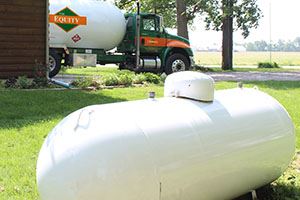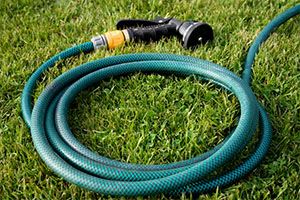Extreme heat can be very dangerous. During periods of high temperatures, serious injuries and deaths can be attributed to physical conditions such as heat exhaustion and heat stroke. Extreme heat can be contributing factors to events such as power outages and wildfires.
MAKE SURE YOUR PROPANE TANK IS PAINTED WITH A LIGHT-REFLECTING COLOR.
This will help keep the temperature level of the propane down.
MAKE SURE THE AREA WITHIN 10 FEET OF YOUR PROPANE TANK AND YOUR PROPANE GRILL IS CLEAR OF FLAMMABLE MATERIALS.
Remove any debris that is combustible or easily ignited, including leaves, brush, any vegetation, and rags.
REVIEW SUGGESTED PREPARATIONS FOR CONDITIONS SUCH AS EXTREME HEAT WITH YOUR PROPANE RETAILER AND OTHER UTILITY SUPPLIERS.
Advise them of any special needs you may have. Have a list of instructions on how to turn off electricity, propane, and water.
DURING EXTREMELY HOT WEATHER, COOL DOWN YOUR PROPANE TANK BY SPRAYING IT WITH A GARDEN HOSE.
By doing so, you can help lower the gas pressure and elevated temperature levels inside the tank. This reduces the possibility of the system releasing excess gas through the pressure-relief valve, its built-in safety feature.
IF A POWER OUTAGE OCCURS DUE TO HOT WEATHER, TUNE IN ON A BATTERY-POWERED RADIO FOR INSTRUCTIONS FROM LOCAL AUTHORITIES.
It’s recommended to turn off all the lights and appliances on your property that were operating before the outage occurred (with the exception of at least one light — to help signal when the power returns). This will reduce any type of power surge from occurring once the electricity returns.
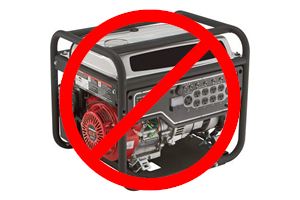
USE EXTREME CAUTION WHEN OPERATING PORTABLE GENERATORS.
During power outages, some people may choose to use a portable generator, allowing them to keep food from spoiling, computers and other appliances working, and, in some cases, life-supporting medical devices operating. Never use a portable generator (gasoline, diesel, or propane) indoors or in an enclosed area such as a basement, garage, shed, or tent. This can result in carbon monoxide (CO) poisoning or death.
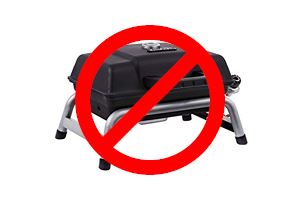
NEVER USE OUTDOOR PROPANE APPLIANCES INDOORS OR IN ENCLOSED AREAS.
This can result in CO poisoning or death. These include such appliances as barbecue grills and portable generators. Only use appliances indoors that are designed and approved for indoor use. It’s also important that you never store, place, or use a propane cylinder indoors or in enclosed areas such as a basement, garage, shed, or tent.
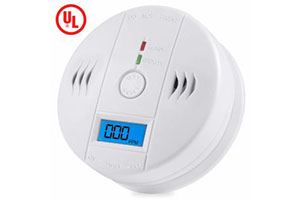
CONSIDER INSTALLING UL-LISTED PROPANE GAS DECTORS AND CO DETECTORS.
These detectors provide you with an additional measure of security. Be sure to follow the manufacturer’s instructions regarding installation, location, and maintenance.
SCHEDULE A TIME FOR A QUALIFIED SERVICE TECHNICIAN TO PERFORM A COMPLETE INSPECTION OF YOUR PROPANE SYSTEM.
If you suspect any of your propane appliances, equipment, or vehicles have been damaged or you have turned off your gas supply. Never use or operate appliances, equipment, or vehicles, or turn on the gas supply, until your system has been inspected by a qualified service technician. Do not attempt repairs yourself.
EXERCISE SOUND JUDGEMENT.
As with any challenging situation, your composure during periods of extreme heat and other severe weather events will ensure you don’t take unnecessary risks or pose any additional dangers to your family and home. Stay calm; use radios, television, and telephones to stay informed and connected. If any questions arise, contact your propane retailer or local fire department.
Taking these 10 simple steps can help promote safety all season long. With a little advance planning, you and your family can be prepared for extreme heat situations. For additional information on preparing for extreme heat and other severe weather conditions and natural disasters, visit usepropane.com or contact your propane retailer.
Originally published by the Propane Education and Research Council at www.propane.com/safety/winter-weather-safety-tips/

